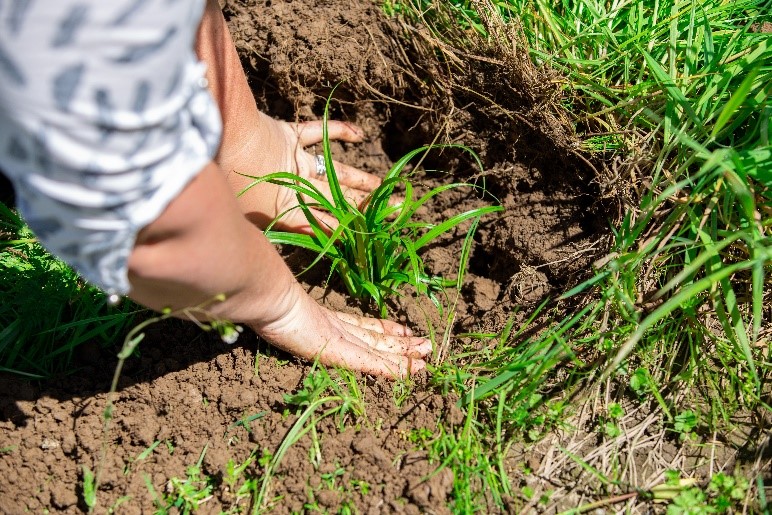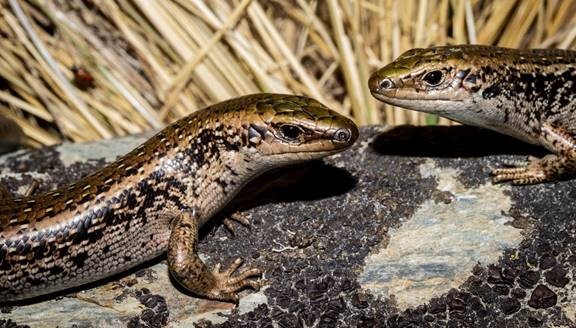The total environmental contestable grants’ fund has risen by 20.8%, to $568,000. Online applications for the 2022/2023 financial year are open from Wednesday 1 March to Friday 31 March.
Like last year, as well as Otago Regional Council’s (ORC) annual $290,000 contribution, there are additional Incentives Funding grant options on offer.
ORC’s Partnership Lead - Biodiversity, Richard Ewans says both types of funding are managed via the ECO Fund.
“Some of last year’s ECO Fund grant funding was not used and more Incentives Funding is available, so the amount has increased. The total contestable environmental grant money for 2023 is now $568,000, up from $470,000 in the 2022 round.”

To date, the ECO Fund (including Incentives Funding) has funded 100 projects, from 232 applications, totalling $1,190,125 out of $4.03 million requested over eight rounds.
Mr Ewans says the ECO Fund supports on-ground works and education or awareness-raising community-led projects, including administrative support.
“The new Incentives Funding for protected private land means landowners with QEII or Ngā Whenua Rāhui covenants, Regionally Significant Wetlands, or scheduled Significant Natural Areas (SNAs) can apply for support to protect and enhance biodiversity on private land for the first time since the ECO Fund was established.”
ECO Fund and Incentives Funding for 2023 is made up of:
ECO Fund ($328,000)
- Incentives Funding - Biodiversity enhancement on protected private land ($30,000)
- Incentives Funding - Native planting for water quality outcomes ($30,000)
- Incentives Funding - Native planting after plant pest (e.g., wilding pine) removal ($30,000)
- Incentives Funding Collaborative community rabbit management projects ($150,000)
“Whether your project is large or small, we welcome your application,” says Mr Ewans.

Credit: Carey Knox
“For example, in 2021, the Central Otago Ecological Trust received $4,860 in funding towards its Otago green skink translocation project, which is bringing 60 skinks back to their original habitat within New Zealand’s first fully fenced dryland community sanctuary in Alexandra – called Mokomoko Drylands Sanctuary – this summer.”
